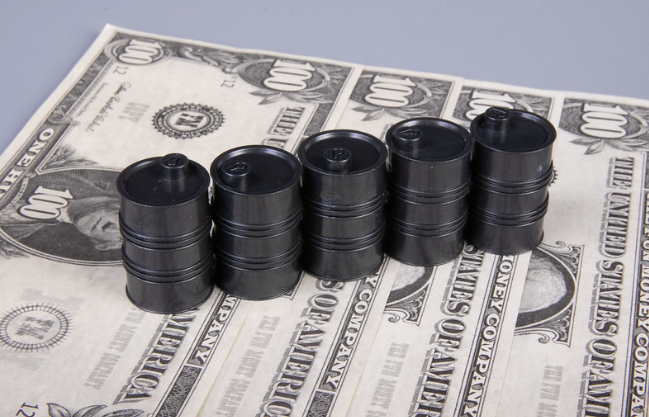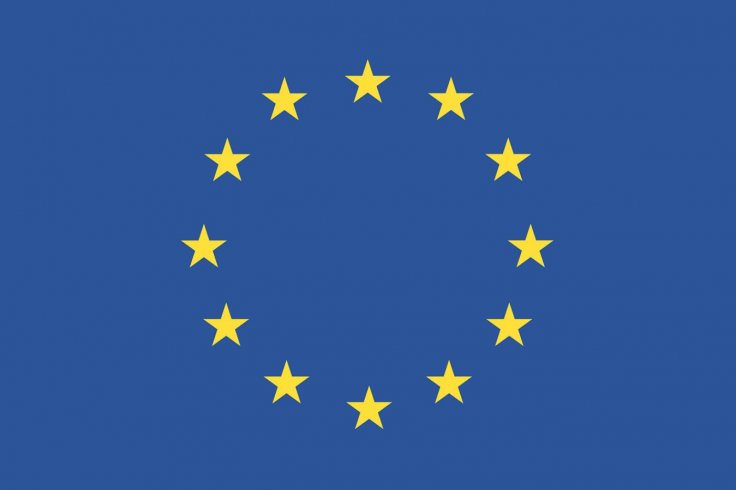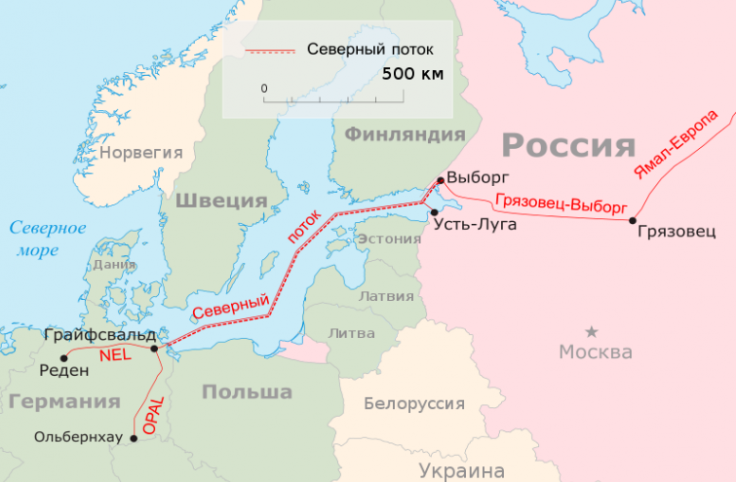Russia has announced a ban on oil sales to nations that enforce a price cap on the country's crude exports in line with a European Union move earlier this month. Moscow said it will not sell fuel to the Western countries that comply with the punitive action against Russia.
A Russian presidential decree said on Tuesday that the supply of Russian oil and oil products to foreign legal entities and individuals will be prohibited if the contracts for these supplies are using a price cap directly or indirectly. The sales ban will be in force from February 1 until July 1.

Punitive Action
The European Union agreed in the first week of December to enforce a price cap on Russian crude. The idea of such a punitive action was first mooted by the G7 countries months ago, in the immediate aftermath of the Russian war in Ukraine.
As per the EU agreement, signatories to the deal will buy Russian crude at or below $60. The EU was earlier backing a proposal to set the cap at $65-$70 range but Poland objected to it. saying the price cap was to high.
The western allies are looking at choking Russia off the billions of dollars of revenue from crude oil, thereby depriving Moscow of funds to carry on with its war on Ukraine.
Tough Stand
Russia had categorically said earlier it would reject any price cap and refuse to sell to countries that follow the price cap. Oil market experts had earlier raised concerns if the price cap would become effective even as Russia's Asian allies are ramping up purchases from Moscow.
As per the EU decision, buyer nations that sign the G7-led price cap agreement can buy sea-borne Russia crude only if it is priced at or below $60. G7 and the EU say the price cap will cripple Russia's ability to fund its 'war of aggression'. The White House hailed the EU decision, saying it goes a long way in stopping President Vladimir Putin's 'war machine'.

Can EU Hurt Russia?
The EU decision to come together and enforce a price cap on Russian crude is significant as the bloc used to be the largest buyers of Russian crude. According to BBC, as of 2021, more than half of Russia's oil exports were shipped to Europe, with large European nations like Germany, the Netherlands and Poland mostly depending on Russian crude.
How Will the Price Cap Affect Russia?
The EU-supported price cap is likely to be less crippling than anticipated. Over the last year Russia has found hungry Asian buyers that lap up Russian oil at huge discounts. Currently India and China are the largest single buyers of Russian crude oil and these nations beyond the pail of Eu and G-7 influence.

According to Oilprice.com, Russia produced 10.9 million barrels per day of crude in November and increased exports to China, India, South Korea and Japan. The move came in anticipation of two incoming decision - the price cap by the G7 and EU as well as the pre-announced EU embargo of Russian crude which is supposed to come into on December 5.








